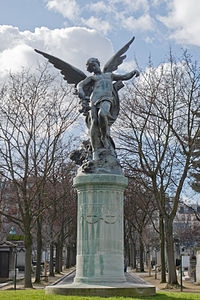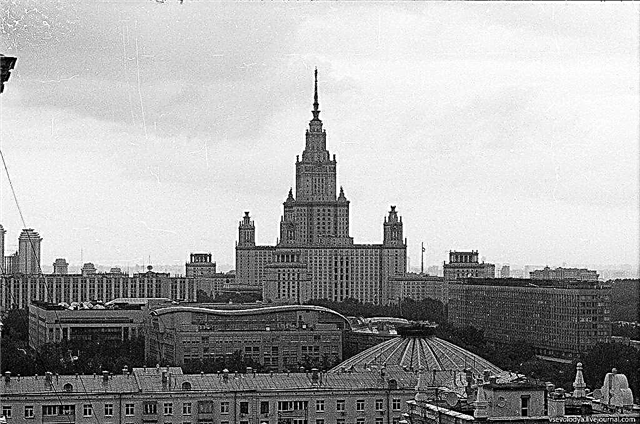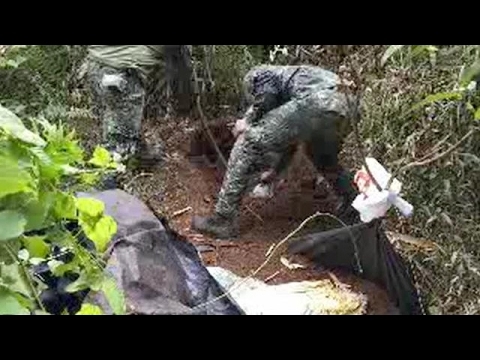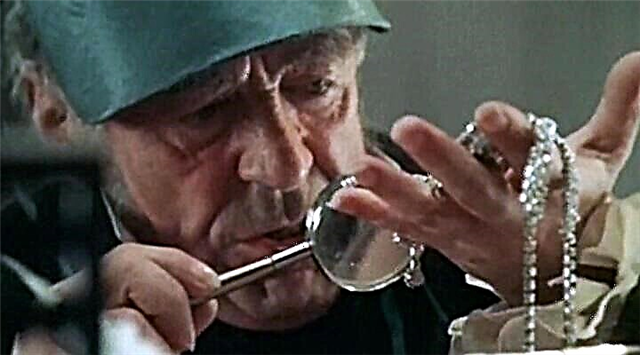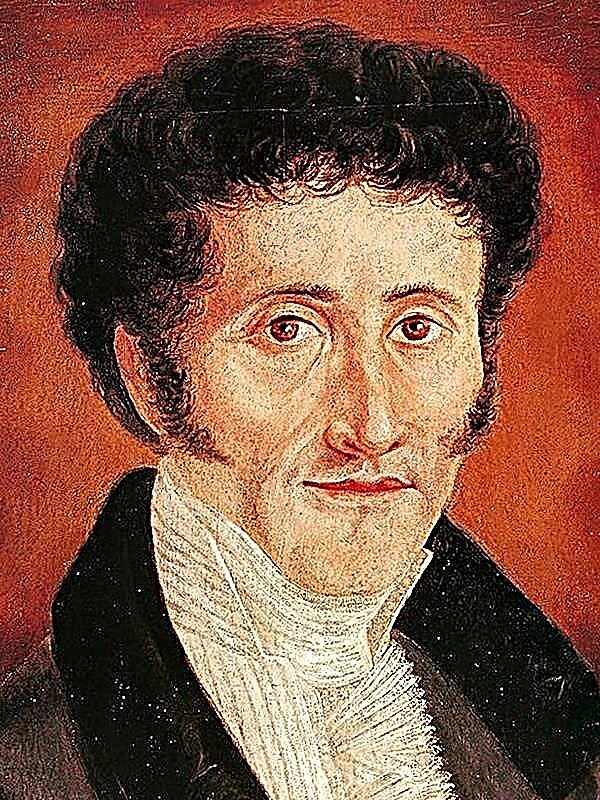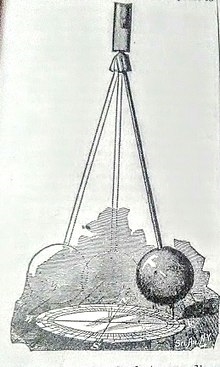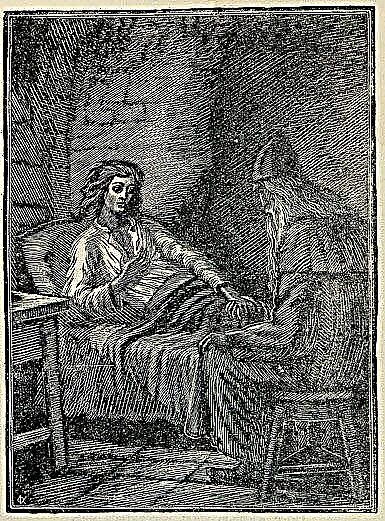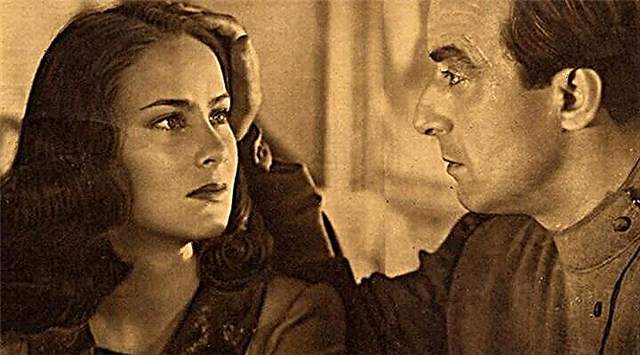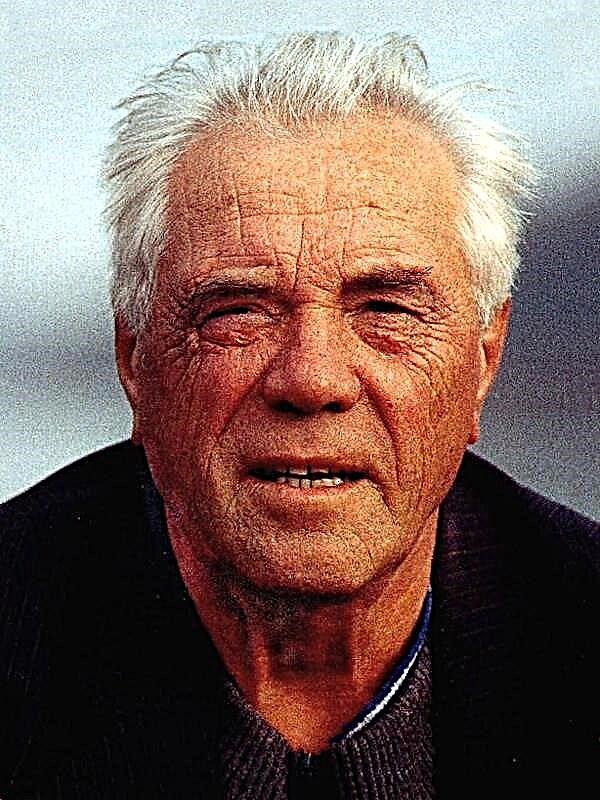City Ivan Akidinych Bergamotov for many years held a post on Pushkarnaya street of the provincial city of Orel. In the site, he was listed as "plaque number 20," but the gunners - residents of Pushkarnaya Street - called him Bargamot.
Ivan Akidinych had nothing to do with the delicate and delicate pear of the bergamot variety. Nature did not offend Bargamot - he was tall, strong, loud and "made up a prominent figure on the police horizon."
In its appearance, Bargamot rather resembled a mastodon, or even one of those cute <... ›creatures who, due to lack of space, had long left the land filled with little human brains.
Bargamot could have attained a high position for a long time if his soul, buried under a thick layer of flesh, "were not immersed in a heroic dream." External impressions, passing through Bargamot’s small, swimming eyes, lost their brightness and reached his soul in the form of “faint echoes and reflections”.
An exalted man would consider Bargamot a piece of meat, the near-guard officers called him the executive club, the gunners considered him a staid and serious person. Firmly Bargamot knew only the instructions for the city men, which were so firmly entrenched in his mastodont brain, "that it was impossible to erase it from there even with strong vodka." The few truths learned by Bargamot “through the experience of life” were also firmly established there.
What Bargamot did not know, about which he was silent with such indestructible solidity that it seemed to people who knew a little ashamed of their knowledge.
The whole Pushkarskaya street, inhabited by a working people and decorated with two taverns, respected Bargamot for incredible power. Every Sunday, the gunners had fun, arranging a “homeric fight”, after which Bargamot delivered the most desperate brawlers to the site.
Bargamot lived in a small, squinting shack with his wife and two children, was economical, strict, and taught home life “through physical influence”. The wife Marya respected her husband “as a man of power and non-drinker,” which did not stop her from turning them with the ease that only weak women are capable of.
It was Easter Eve. Bargamot stood at the post in a bad mood - he had to be on duty until three in the morning, and he could not get to the Easter service.
Bargamot did not feel the need to pray, but the festive, bright mood, spilled on an unusually quiet and calm street, touched him.
Bargamot wanted a holiday. In addition, he was hungry - because of his fasting, his wife did not feed him lunch. Looking at the elegant and washed gunners going to church, Bargamot became gloomy even more, because tomorrow he will have to drag many of them to the station.
Soon the street was empty, and Bargamot began to dream - he imagined an awaited table awaiting his house and his son Vanyusha, to whom he had a marble egg as a present. “Something like parental tenderness” rose from the bottom of his soul. But here the complacency of Bargamot was broken - from behind the corner Garaska seemed completely drunk.Staggering from fence to fence, Garasska came across a lantern, wrapped it "in a friendly and strong hug," slid down and lost in thought.
Garaska molested Bargamot more than the rest of the gunners. This skinny, ragged man was the first brawler in the area. He was beaten, kept hungry in the precinct, but could not wean the "most offensive and evil-loving" abuse.
Bargamot Garaska scolded so fantastically real that he, not even understanding the whole salt of the Garaskin witticisms, felt that he was more offended than if he had been torn.
What Garaska made a living from was a mystery to the gunners. He was never seen sober. In winter, Garaska disappeared somewhere, but “with the first breath of spring” appeared on Pushkarskaya Street and spent the whole summer in the gardens, under the bushes and along the river bank. The Pushkarians suspected that Geraska was stealing, but they couldn’t catch him in the heat “and they beat him only on the basis of indirect evidence”.
This time Geraska apparently had a hard time - his rags were in the mud, and his face with a large red nose was covered with bruises and scratches. Approaching the tramp, Bargamot took him by the collar and led him to the station. On the way, Geraska started a conversation about the holiday, and then resolutely turned to Bargamot, pulling an object out of his pocket.
Intrigued, Bargamot released Garaska’s collar, he lost his support, fell down and ... howled "how women howl at the dead man". It soon became clear that he had crushed the egg with which he wanted to make Christ with Bargamot “in a noble way”.
Bargamot felt, "that this man is sorry for him, like a brother, dearly offended by his brother." Even the curses of Garaska did not offend him.
With all his awkward gut, he felt either pity or conscience. Somewhere, in the most remote depths of his body, something intrusively drilled and tormented.
Bargamot resolutely raised Garasku and led ... to his house, talking. On the way, the amazed vagabond thought to run away, but his legs completely did not obey him. And he didn’t want to leave, Bargamot was very miraculous, who confused the words, either explaining Garaske instructions for the city men, then returning “to the question of beating in the precinct”.
Seeing her husband’s confused face, Marya did not contradict, but poured Garaske a bowl of greasy, fiery cabbage soup. The tramp was unbearably ashamed of his rags and dirty hands, which he seemed to see for the first time at his place. When Marya called him by name and patronymic - Gerasim Andreich - “that plaintive and rude howl that so embarrassed Bargamot” burst out of his chest again.
Marya Geraska, reassuring him, explained that for many years no one had called him so respectfully.

